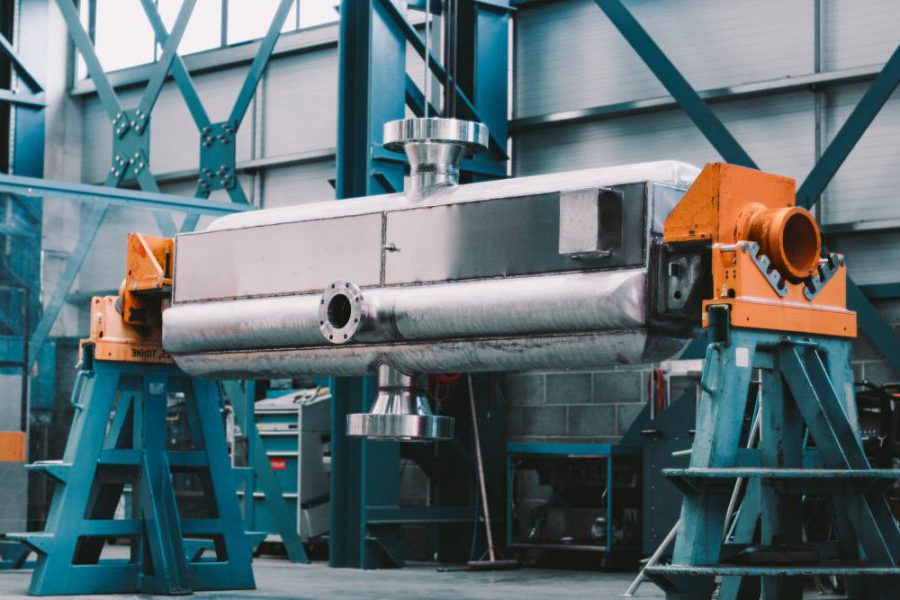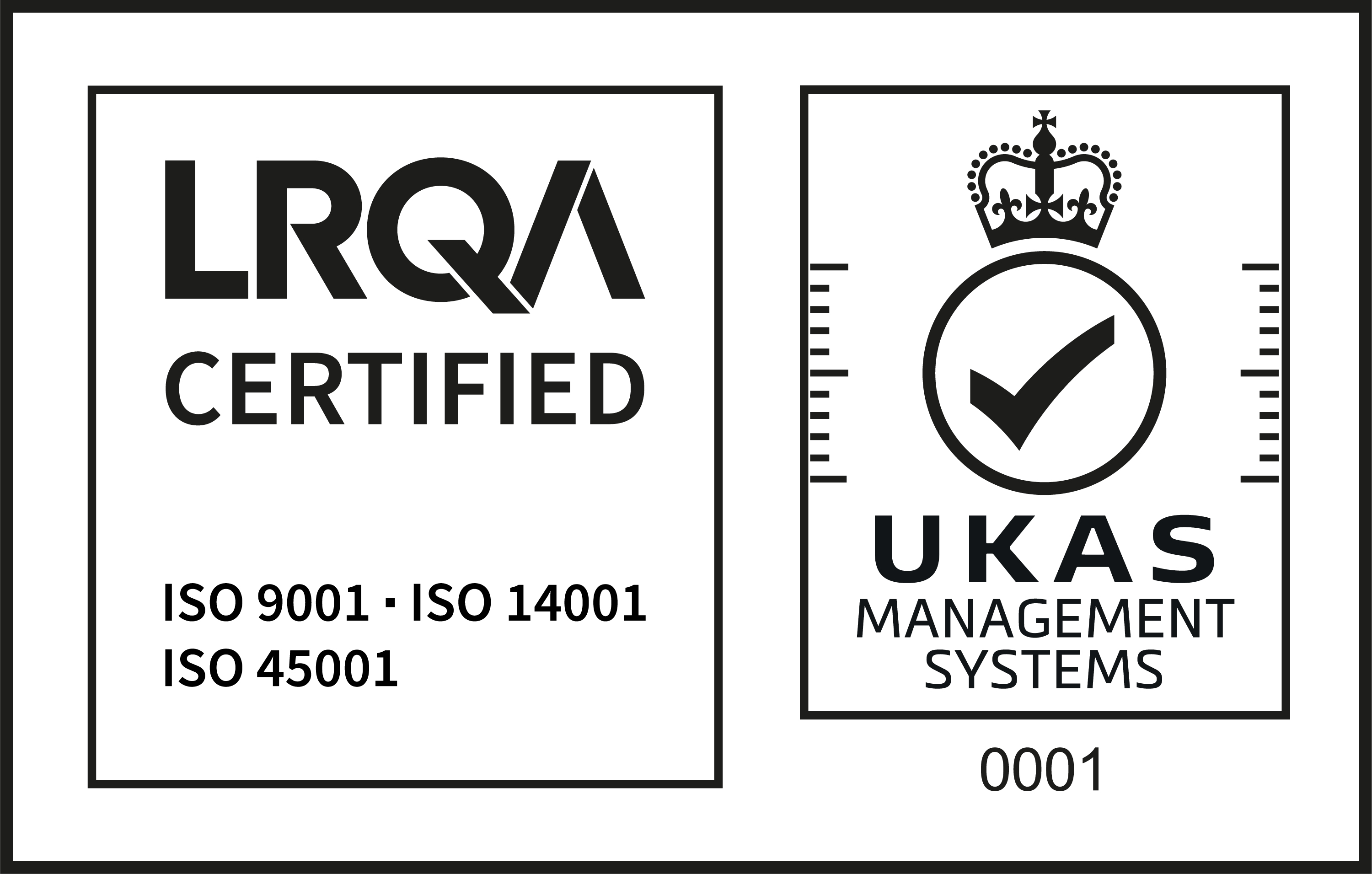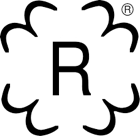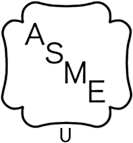
Heatric technology offers considerable advantages over traditional equipment used in Combined Cycle Gas Turbines.
Typically the biggest savings lie with the heat integration around the turbine, such as where low grade heat is used to superheat the gas feed and to maximise the heat recovery for rotary air cooling or interstage cooling. Through the incorporation of Heatric’s PCHEs in the system it can be possible to use a lower grade of heat to perform the duty, reducing the parasitic load on the cycle.
Heatric exchangers can also help to further reduce the energy requirements for IGT in the following areas:
This very simple application involves heating natural gas up at approximately 70bar before it goes through a pressure reducing valve (Joule-Thomson) to the correct pressure for combustion in the gas turbine. This reduces the chance of water present in the gas freezing resulting in damage to the gas turbine blades.
Considered an efficiency “enhancement”, this uses heat usually recovered from preheated feed water to heat the feed gas near to the combustion temperature to increase the efficiency of the combustor. Heatric technology allows for the use of lower grade, and therefore lower cost, heat to perform this duty which reduces the parasitic load to perform the enhancement, ultimately burning less gas.
Air inlet cooling can be used as a cost effective way to boost plant capacity. Utilising a heat exchanger to cool the air can greatly increase the plants rated power capacity with a water cooled system, mechanical refrigeration or a thermal energy storage using ice. The ability to cool the air to below the wet bulb temperature is beneficial for new installations as well as upgrades to existing plants to increase capacity with minimum capital outlay. Heatric exchanger technology offers considerable benefits for air inlet chilling, such as:
Heating the feed water to a Heat Recovery Steam Generator (HRSG) or other boiler as efficiently as possible is of paramount importance to a CCGT plant and the overall efficiency. Heat is usually taken from the cycle at different points to minimise the parasitic loads. Very close temperature approaches are used to maximise the heat input into the feed water. Traditional shell and tube heat exchangers have an optimum design point of approximately 8°C (14°F) and are operating much below this where the heat transfer area grows exponentially with temperature approach.
Robust exchangers from Heatric have a much lower pinch point, typically 3°C (5°C), and can achieve much higher heat recovery for a given heat transfer area which greatly reduces the foot print, weight and amount of structural steel required for the installation.
Waste heat from lubrication oil can be recovered and used to pre-heat boiler feed water, reducing the irreversibilities and increasing overall cycle efficiencies.
Energy integration with the FPHE and Hybrid is possible with the close temperatures approaches achievable being capable of operating with extremely high differential pressures between the lube oil and the boiling feed water.

To discuss your project, and for information on how Heatric’s technologies can support your project goals, send a message directly through the enquiry page or contact Heatric on:
+44 (0) 1202 627 000
Heatric, a division of the Parker Hannifin Filtration Group, is a global leader in Printed Circuit Heat Exchangers (PCHEs). Heatric PCHEs are high performance, compact heat exchangers with applications across the energy industry; in oil and gas, power generation, marine, and clean technology systems. Each Heatric PCHE is bespoke to suit customer specifications and deliver maximum operational efficiency and performance. As technology pioneers with decades of design, manufacture
and operational experience, Heatric have the technical expertise to enable your innovation.






